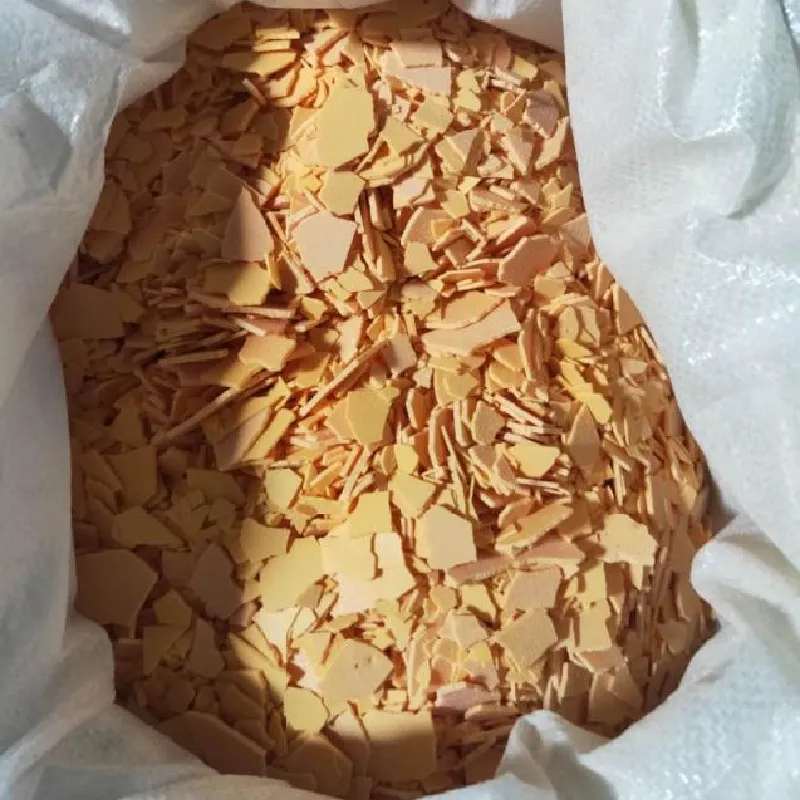
Understanding the Benefits of Sulphate of Potash Fertilizer for Plant Growth
The Importance of Sulphate of Potash Fertilizer in Agriculture
Sulphate of potash (SOP), chemically known as potassium sulphate (K2SO4), is a crucial input in modern agricultural practices. As a premium source of potassium and sulfur, SOP fertilization plays a pivotal role in enhancing crop quality, yield, and overall health. In this article, we will explore the benefits, application methods, and impact of sulphate of potash fertilizer in sustainable agriculture.
What is Sulphate of Potash?
Sulphate of potash is a naturally occurring mineral that derives mainly from potash ore. It is recognized as a high-quality, chloride-free source of potassium. Potassium is one of the three primary macronutrients essential for plant growth, alongside nitrogen and phosphorus. Sulphate of potash provides a total of 45% K2O (potassium oxide) and 18% SO3 (sulfur trioxide), making it an advantageous option for crops that require additional sulfur.
Benefits of Using Sulphate of Potash
1. Improved Crop Quality SOP contributes to enhancing the quality of fruits and vegetables by improving size, color, flavor, and shelf life. High potassium levels are known to increase the sugar content in fruits, providing a better taste and making them more marketable.
2. Increased Yields The application of sulphate of potash has been linked to higher crop yields. Potassium plays a critical role in photosynthesis, respiration, and water regulation in plants, allowing crops to utilize resources more efficiently. This is particularly important for high-yielding crop varieties.
3. Chloride-Free Unlike other potassium sources like muriate of potash, which contains chloride, SOP is ideal for chloride-sensitive crops such as tobacco, potatoes, and certain leafy greens. The avoidance of chloride ensures that plants can absorb nutrients without experiencing toxicity, leading to healthier growth.
4. Soil Health The addition of potassium and sulfur from SOP assists in maintaining soil health. These nutrients improve soil structure, enhance microbial activity, and contribute to a healthy nutrient balance within the soil ecosystem.
5. Drought Resistance Potassium is vital for regulating plant water uptake and retention. By enhancing drought resistance, SOP helps crops survive during periods of water scarcity, making it an invaluable resource in regions prone to climate variability.
Application Methods
sulphate of potash fertilizer

The application of sulphate of potash can be executed in various ways, depending on crop needs, soil type, and farming practices. Here are some common methods
1. Broadcast Application This method involves spreading the fertilizer evenly across the field surface before planting or during the growing season. It is effective for large areas where precise placement is less critical.
2. Banding A more concentrated application method, banding involves placing SOP in close proximity to the seed or plant root zone. This allows for better nutrient uptake and minimizes wastage.
3. Foliar Feeding In certain cases, a foliar application of liquid SOP can be utilized to quickly address potassium deficiencies in crops. This method promotes rapid absorption through leaves, providing immediate benefits to the plant.
4. Soil Integration For long-term benefits, SOP can be incorporated into the soil during land preparation. This ensures that the nutrients are available to plants from the onset of growth.
Environmental Impact and Sustainability
With increasing consciousness regarding sustainable practices in agriculture, the use of sulphate of potash aligns well with eco-friendly farming. SOP is often derived from natural sources and can be used in organic farming, making it suitable for growers who prioritize sustainability.
Furthermore, the balanced application of nutrients helps prevent agricultural runoff, which can lead to nutrient pollution in local water systems. By utilizing SOP responsibly, farmers can cultivate healthy crops while protecting the environment.
Conclusion
Sulphate of potash fertilizer is an essential component in the modern agricultural landscape. Its ability to improve crop quality, increase yields, and promote soil health makes it a preferred choice for growers worldwide. As agriculture continues to evolve, the role of SOP will likely expand, contributing to sustainable practices that ensure food security and environmental conservation. By incorporating sulphate of potash into their nutrient management programs, farmers can optimize their production and cultivate resilient crops that thrive under varying conditions.
-
Pure Sodium Dichloroisocyanurate Dihydrate | Powerful DisinfectantNewsAug.29,2025
-
Industrial Chemicals: Quality & Purity for Every IndustryNewsAug.28,2025
-
Nitrile Rubber Honoring Strict Production StandardsNewsAug.22,2025
-
Aspartame Ingredients Honoring Food Safety ValuesNewsAug.22,2025
-
Fertilizer for Balanced Plant NutritionNewsAug.22,2025
-
Cyanide Gold Processing with High Purity AdditivesNewsAug.22,2025
-
Formic Acid in Textile Dyeing ApplicationsNewsAug.22,2025
Hebei Tenger Chemical Technology Co., Ltd. focuses on the chemical industry and is committed to the export service of chemical raw materials.
-

view more DiethanolisopropanolamineIn the ever-growing field of chemical solutions, diethanolisopropanolamine (DEIPA) stands out as a versatile and important compound. Due to its unique chemical structure and properties, DEIPA is of interest to various industries including construction, personal care, and agriculture. -

view more TriisopropanolamineTriisopropanolamine (TIPA) alkanol amine substance, is a kind of alcohol amine compound with amino and alcohol hydroxyl, and because of its molecules contains both amino and hydroxyl. -

view more Tetramethyl Thiuram DisulfideTetramethyl thiuram disulfide, also known as TMTD, is a white to light-yellow powder with a distinct sulfur-like odor. It is soluble in organic solvents such as benzene, acetone, and ethyl acetate, making it highly versatile for use in different formulations. TMTD is known for its excellent vulcanization acceleration properties, which makes it a key ingredient in the production of rubber products. Additionally, it acts as an effective fungicide and bactericide, making it valuable in agricultural applications. Its high purity and stability ensure consistent performance, making it a preferred choice for manufacturers across various industries.





